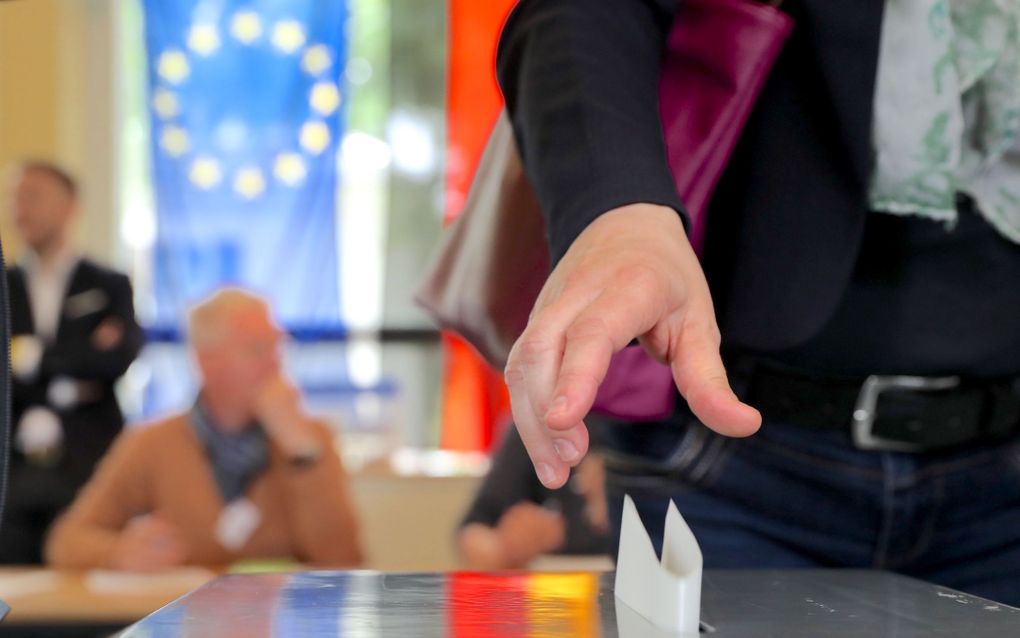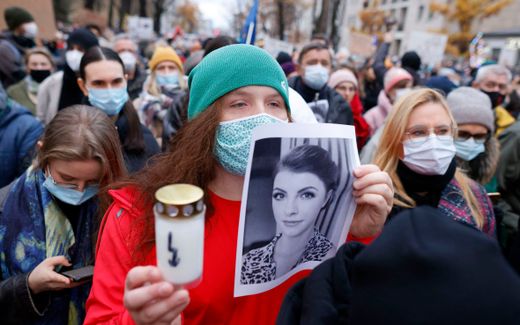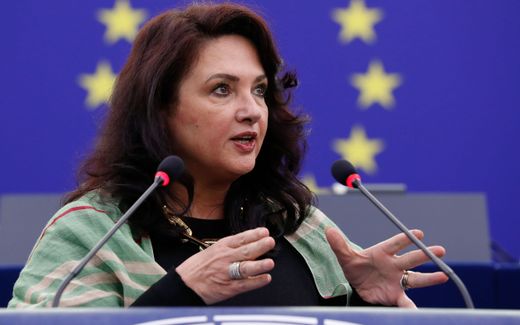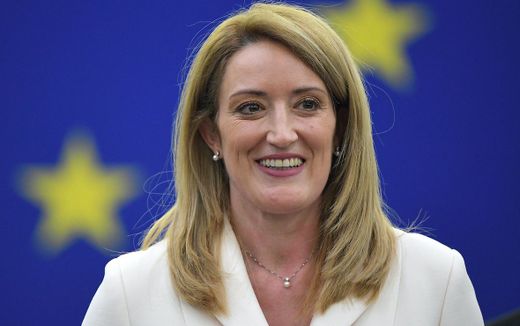European Parliament might exclude Christians by choosing 9th May as election day

Voting for the European Parliament should be on one day in all the member states, says the EP. Photo EPA, Hayoung Jeon
European Union
The European Parliament has called the 27 member states to appoint the 9th of May as the fixed European Election Day for all the EU countries. This might lead to conscientious objections of Christians to participate in the elections.
The advantages of this are clear: in the whole of Europe is a campaign focused on one day, and the next morning all the results are clear. But the disadvantage might be that many Christians (especially conservative Protestants) might feel excluded from the voting process.
At the moment, all member states have their own traditional voting days. In most countries, this is Sunday. However, at least in nine EU countries, voting is held on weekdays or on Saturdays.
In Denmark, for instance, Tuesday is the preferred voting day. In the Netherlands, voting is usually on Wednesday and Thursday for the European elections. Ireland goes to the polls on Friday, Latvia, Bulgaria, Malta and Cyprus on Saturday, and the Czech Republic and Slovakia on Friday and Saturday.
Thursday is the usual election day in the former EU member state United Kingdom. A proposal by the Blair government to introduce so-called “weekend voting” had no support.
Religious feast
This Tuesday, the European Parliament voted for the 9th of May as the fixed day for EU elections. From time to time, this is on a Sunday or on the day of a religious feast, like Ascension Day in 2024. “It is undemocratic to exclude people who don’t want to vote on this day because of their faith”, Bert-Jan Ruissen said, Dutch MEP for the Reformed SGP party. He had voted “against wholeheartedly.” According to him, this is a step towards a “federal superstate.”
Peter van Dalen, the Dutch MEP for the ChristianUnion, wrote on Twitter that the EP “distances itself from the voters” by appointing the 9th of May as Election Day, by voting for an electoral threshold and transnational voting lists. “Member states decide by themselves about the day of European elections.” He says it is “very un-clever to centralise the EP elections”.

Apart from the election day, the decision by the EP is about the introduction of 28 transnational MEPs (above the present 705). These transnational representatives could be seen as the first “real” European politicians since the current 705 are voted from national lists.
A person from the Netherlands could therefore vote for somebody from Palermo, Peter van Dalen writes on his website. “The EU is already far removed from many people, and this idea alienates voters even more from Europe. I have therefore voted against this report.”
Another part of the decision is the mandatory gender equality on voting lists.
The decision by the European Parliament is not binding on the member states. The European Council (where the governments of the members are represented) might differ about this and decide not to introduce it.
Related Articles






